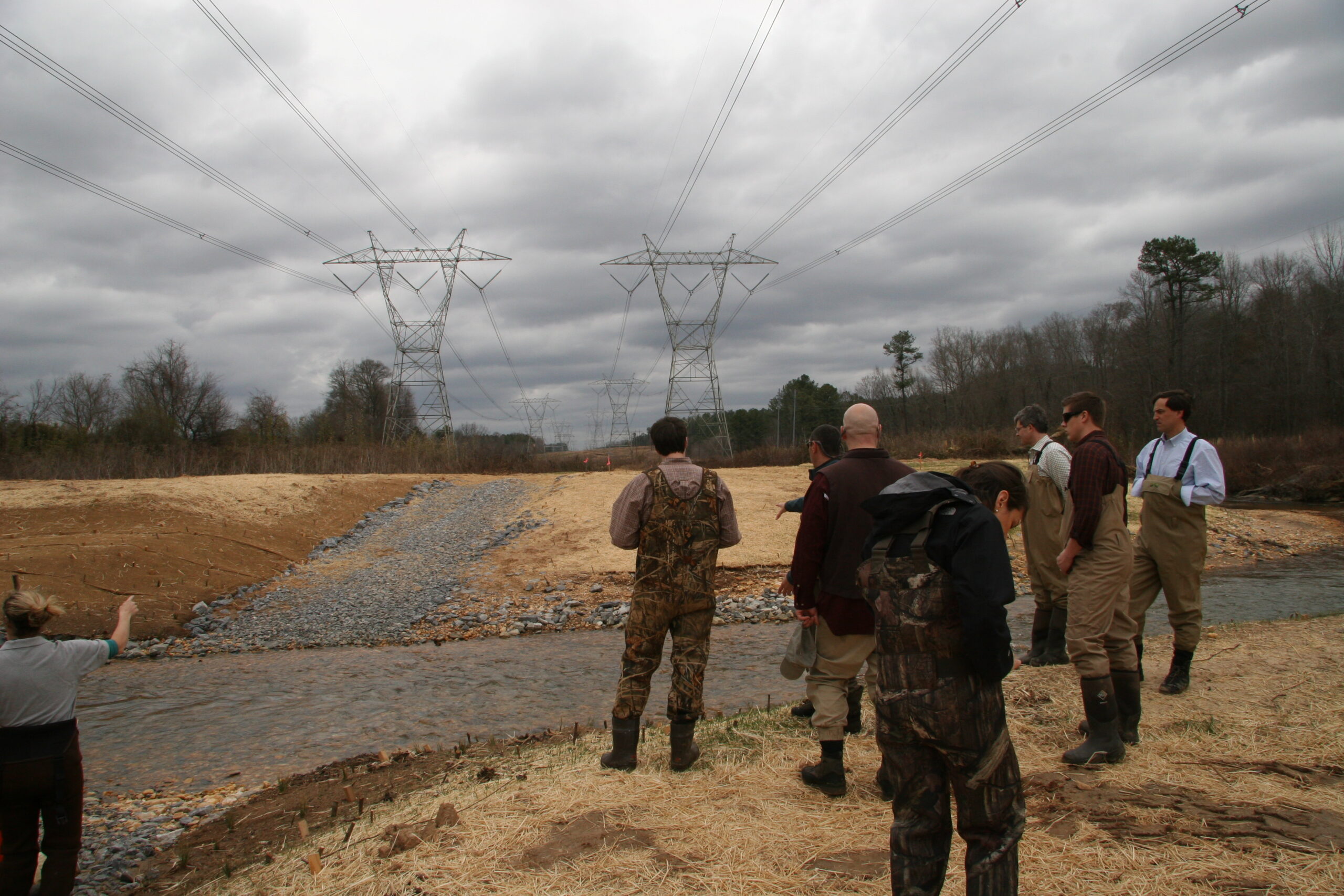We have much more to do and your continued support is needed now more than ever.
The Urgency of Effective Interregional Transmission Planning

The role of electricity transmission is crucial to our everyday lives. As we face the reality of climate change, ensuring that our power grid is efficient, effective, and resilient is extremely important.
Regional Transmission Organizations or Independent System Operators (RTOs/ISOs) are the entities that oversee the transmission of electricity in different regions. For example, Midcontinent Independent System Operator, or MISO, provides transmission for much of the Midwest, whereas California Independent System Operator, CAISO, operates the transmission infrastructure in California.
Despite significant advances in energy production, the ability to transmit power effectively across regions remains a significant challenge. No major interregional transmission projects have been planned or developed in the last decade, despite numerous national studies emphasizing the need for interregional transmission, as opposed to transmission planned solely on a regional scale. Addressing these inadequacies can help ensure that the energy infrastructure is equipped to handle the dynamic challenges posed by climate change. Additionally, RTOs/ISOs and policymakers often neglect interregional transmission planning due to insufficient leadership. Mistrust among states, RTOs/ISOs, consumers, and utilities, compounded by limited understanding of transmission intricacies, hampers cooperation. States tend to focus on local interests, such as in-state renewables, over broader interregional needs.
Without effective interregional transmission planning, we risk damaging biodiversity, worsening energy burdens for vulnerable communities, and missing out on potential cost savings that could be passed onto ratepayers. Communities disproportionately affected by unreliable power, especially during extreme weather events, may see further exacerbated energy burdens.

Planning Strengths amongst RTOs/ISOs
Very few transmission projects are justified based on factors beyond reliability, including climate change benefits, economics, and overall cost savings. When we consider these factors, we can consider the planning approach as proactive or multi-value.
Certain RTOs/ISOs, such as MISO, stand out for their proactive approach to transmission planning. By quantifying the benefits of carbon emissions reductions, MISO provides a more comprehensive understanding of the advantages of effective transmission planning. New Mexico’s transmission planning approach quantifies a multitude of benefits, from job creation to broader economic advantages.
Yet even though some RTOs/ISOs and transmission planners do well on certain aspects of practice, multi-value planning, these processes are not standardized across regions and often still lack considerations of key benefits, like anticipated energy generation mix and public policy changes.
How can RTOs/ISOs improve?
For a resilient energy grid, especially in the face of climate change, proactive and coordinated transmission planning is crucial. The National Wildlife Federation recommends the following measures:
- More federal oversight: The Federal Energy Regulatory Commission (FERC) should play a more proactive role in ensuring RTOs/ISOs aren’t planning in isolation. Federal guidance can ensure that regions collaborate, capitalizing on the advantages of scale and diversification.
- Data sharing and coordination: Data sharing across regions should be a standard practice. By sharing data, best practices, and conducting joint planning studies, interregional challenges could be more effectively addressed. When all stakeholders access comprehensive data, it fosters transparency and trust. FERC could potentially mandate collaboration, aligning interregional plans with national energy goals.
- Embrace future proof planning: RTOs/ISOs must adopt proactive, scenario-based planning. This strategy evaluates a spectrum of benefits and addresses uncertainties.
To prepare for a future marked by climate challenges, coordinated, interregional transmission planning is non-negotiable.





















